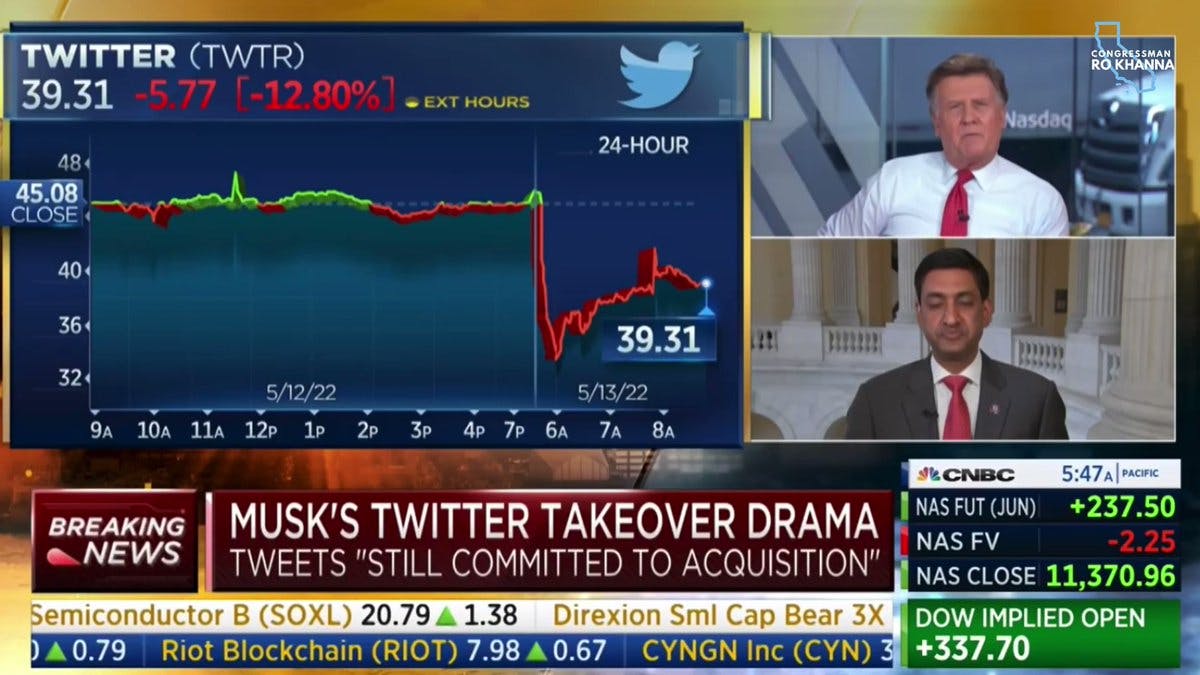Does Ro Khanna Support Crypto?
Based on previous comments, Ro Khanna has indicated they are very pro-cryptocurrency. Below you can view the tweets, quotes, and other commentary Ro Khanna has made about Bitcoin, Ethereum, and cryptocurrency innovation.


Analysis on Stance
Add your own analysis on this stance



"I still think that Bitcoin and blockchain have use cases in places with high inflation where you don't have responsible fed institutions and treasury departments... I don't think you can dismiss all of the use cases of blockchain or Bitcoin. That said we need far more regulation. Most importantly, things like Terra that took place where you had an algorithmic stablecoin without U.S. backing; there needs to be reserve requirements, there needs to be clear disclosure requirements on cryptocurrencies of what is taking place."


“It’s a huge tool,” he said. “I mean, what is cryptocurrency? At its core, it’s a technology that allows decentralization, it takes away a need for a third-party. You have a ledger, basically an accounting book that’s public, so you don’t need third-party verification.”
This logic, that the benefits of the digital economy must be decentralized, lines up with how he views crypto. To Khanna, crypto and other digital assets present an opportunity to “move power away from the financial or big tech centers and structure things in a way that gives more people ownership,” he told Yahoo Finance.


